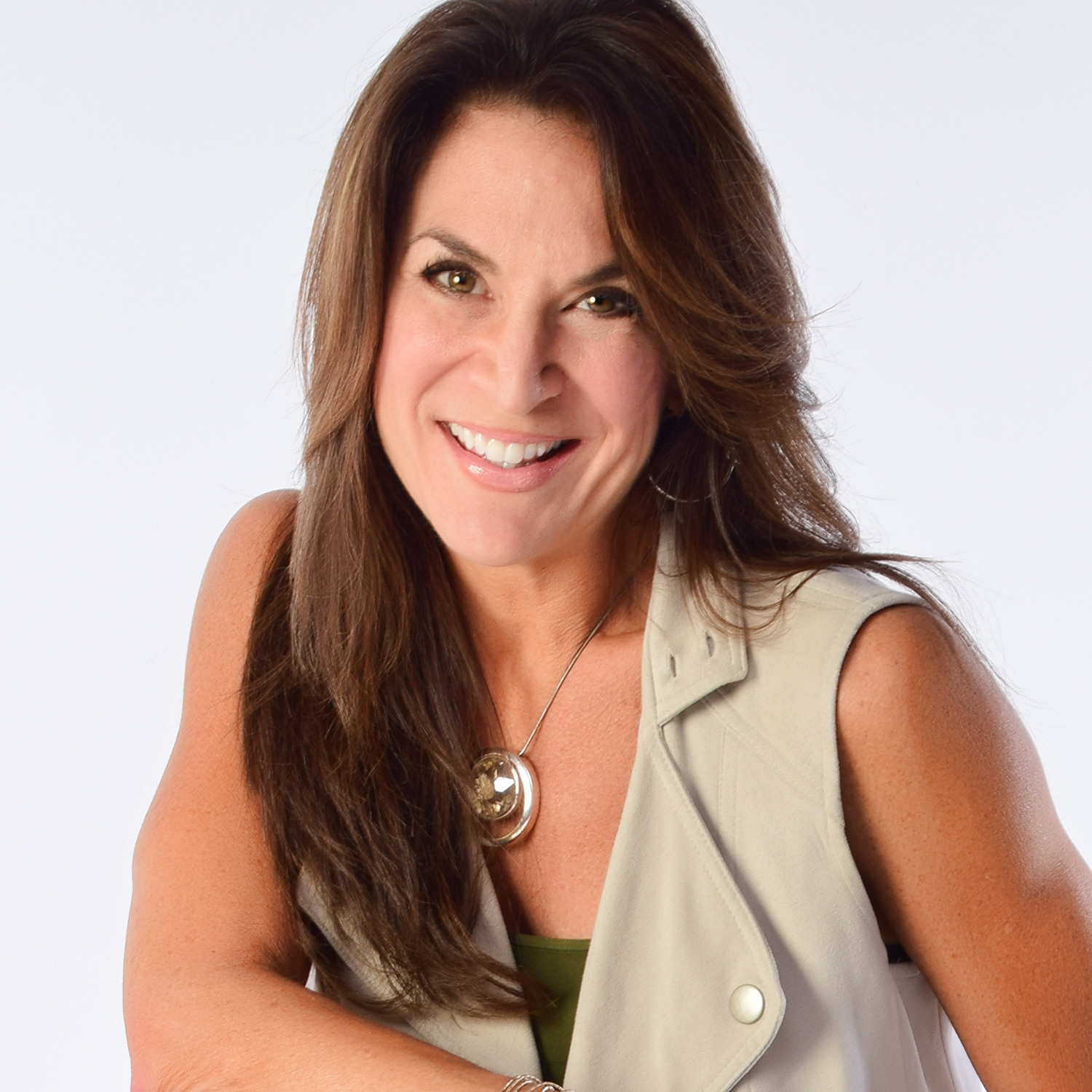
Setting Healthy Boundaries
Setting Healthy Boundaries https://csuiteold.c-suitenetwork.com/advisors/wp-content/uploads/sites/5/2022/05/kevin-butz-wN56Bsh_Kfc-unsplash-1024x681.jpg 1024 681 Debi Silber Debi Silber https://secure.gravatar.com/avatar/82269c92065057c29c4a0e9f97eb8e11?s=96&d=mm&r=gHave you ever felt angry or hurt because of something your partner, friend or colleague said or did? Since it would be almost a miracle if no one has ever upset or offended you, let’s talk about how boundaries can help.
Setting healthy boundaries can help you protect your emotional energy and deepen the connection within your relationships.
Boundaries are the guidelines we set about our expectations, availability, and energy. Because boundaries communicate how we feel, they prevent us from overcommitting or feeling resentful. They also help give others guidelines with how to treat us.
They do not have to be hard, aggressive rules. Setting boundaries allows us to be transparent about how we feel, so we can have a deeper, longer, lasting relationships.
The word boundary might be interpreted as pushing someone away. It is better described as an invitation to let others in to learn more about us and our needs.
Setting boundaries can improve the strength of any relationship. Not only are you inviting others to learn more about you, but you are also claiming responsibility for your emotions and how you take care of yourself.
Benefits to setting healthy boundaries:
Take care of mental health. Boundaries allow you to take responsibility for your emotional energy and mental health. Setting healthy boundaries can help you name your limits with your emotional energy in mind.
Give people a safe space to be transparent and vulnerable. Setting boundaries creates a safe container to be honest. It’s a way to grow trust and a sense of safety.
Learn about yourself. Learning where your boundaries are is a process of tuning into your own needs.
Setting boundaries allows us to care for ourselves and prevent resentment from arising.
Follow these tips to set healthy boundaries:
Be honest. Let the person you’re setting a boundary with know why you’re setting boundaries. Check in with their emotions.
Explore what you need. Pay attention to where you might feel resentment, guilt, or anger.
- What makes you feel uncomfortable?
- What values are important to you?
Make the boundary about you and your needs. When you state a boundary, focus on you.
- “It was great to spend time together this weekend. I’d like to decompress alone the rest of the night. Want to get lunch in a couple days?”
- “I feel attacked when my point of view isn’t considered. I appreciate feeling heard and understood.”
Start with thank you. If you have trouble setting boundaries, start by thanking the other person for their thoughts or requests.
- For a partner something like this can help: “Thank you for wanting to spend time together, but I’m not up for it now.”
- For a friend, something like this can help: “Thank you for the invitation and it sounds like fun. Instead of us driving their together, I’ll meet you there so I don’t cut your night short if you want to stay out late.”
Set boundaries for you and for others.
- A boundary for you may be something like: “I don’t like watching scary movies. If that’s what they want to do, I’ll say no thanks and do something else.”
- A boundary for others may be something like: “If they start yelling or name calling, I leave the room.”
Healthy vs. Unhealthy Boundaries
As you set boundaries, it’s important to understand that setting a boundary with the intent of controlling someone is not a healthy boundary.
A healthy boundary does not control the other person. They’re about what makes you feel safe and comfortable. Boundaries respect and honor both parties to grow and thrive together.
Boundaries ensure that you continue to respect one another, communicate, and honor each other’s needs. Healthy boundaries will deepen your connections as you learn what works and doesn’t work for each other. They’ll also make it easier to navigate your relationships as you feel a greater sense of safety and respect around what you want and need.
Dr. Debi
Founder and CEO, The PBT (Post Betrayal Transformation) Institute




